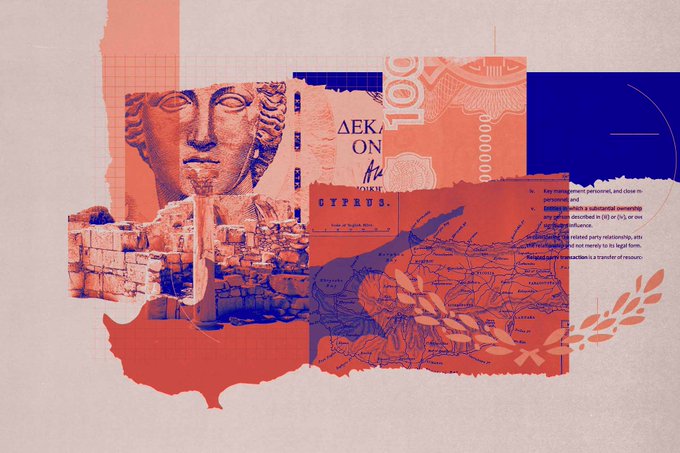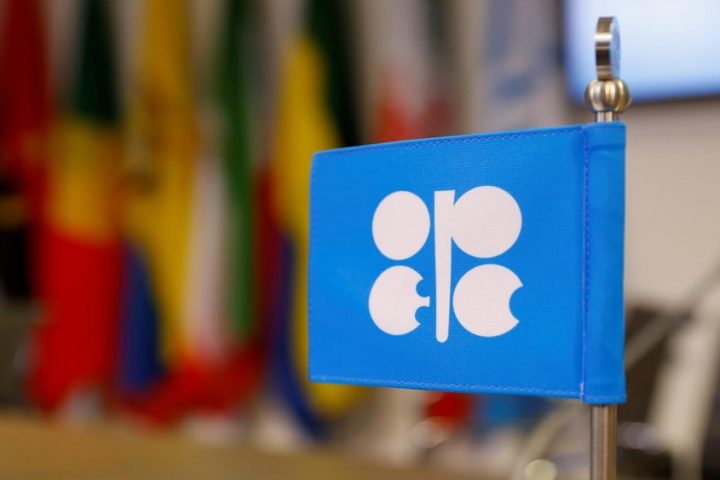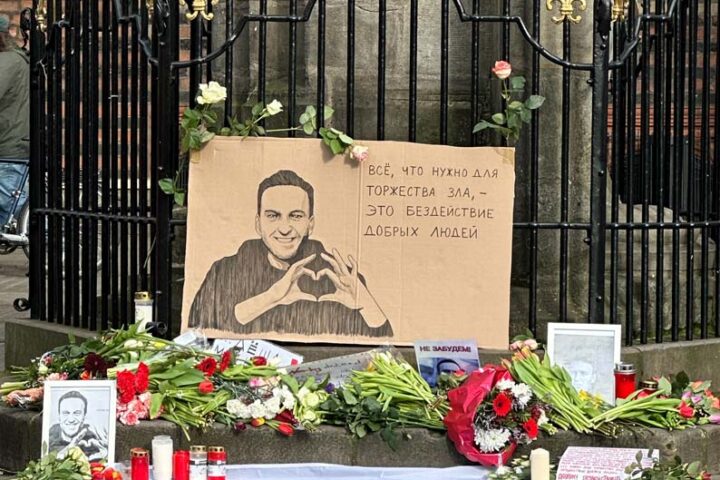Cyprus vowed to investigate new allegations by a group of international journalists that it was a hub for laundering money, enabling Russian oligarchs to bypass sanctions.
According to an investigation by the International Consortium of Investigative Journalists (ICIJ) and 67 media partners, the east Mediterranean island “plays an even bigger role than was commonly known in moving dirty money for Russian President Vladimir Putin and other brutal dictators”.
It said collected documents “offer a penetrating look inside the rogue financial system that has helped empower some of the West’s most determined foes”.
ICIJ said Tuesday that leaked internal records, dating from the mid-1990s to April 2022, include confidential background checks, organisational charts, financial statements, bank account applications, and email messages.
“Everything that has come to light will be investigated, and no one is above our country’s reputation,” President Nikos Christodoulides told reporters Tuesday after the ICIJ publication.
“All the information that has come to light will be investigated within a specified timeframe.
“We should conclude this matter.
“The reputation of our country, the credibility of our country, you understand, is crucial,” he added.
It is not the first time that European Union member Cyprus has been labelled as a safe haven for the illicit gains of Russian oligarchs.
Cyprus has cracked down on those named by the United States and Britain for allegedly helping Russian oligarchs bypass sanctions on Moscow because of the Ukraine war.
The east Mediterranean island is home to a large Russian diaspora. Limassol on the south coast — often nicknamed “Moscow on the Med” — has long been a magnet for Russian speakers.
The Cypriot government says it has taken stringent action against money laundering and sanctions-busting since Russia invaded Ukraine in February 2022.
“Beyond all that has been done over the years, because significant decisions were made…the new government, in response to sanctions from the British and Americans, further strengthened the entire institutional framework,” said Christodoulides.
“So, of course, it is a matter that is very high on our priorities,” he added.
But ICIJ said the island’s dependence on Russian and other foreign money carried consequences only now being realised.
“When the Russians came to Cyprus, they brought not only Russian corruption, they brought Russian organised crime, they brought Russian agents of the Russian intelligence services,” Boris Demash, a Russian resident of Cyprus and critic of Kremlin influence, told ICIJ.
It said an “astonishing flood of foreign money”, mostly Russian, has poured into the island over decades, leaving Cyprus with a reputation as a “shady financial hub”.
The probe called Cyprus Confidential took eight months and explored Russia’s “long-standing hegemony” over Cyprus’ deeply intertwined worlds of politics and finance.
“As Russia invaded Ukraine in 2022, Big Four accounting giant PwC’s Cypriot unit helped Russian oligarchs shuffle their riches and undermine Western sanctions designed to cut off Putin’s war funding,” the report claimed.
The Cyprus Central Bank has said that the authorities have closed 43,000 shell companies and 123,000 “suspicious” bank accounts in recent years.
And that only 2.2 per cent of all bank deposits on the island currently belong to Russians.










